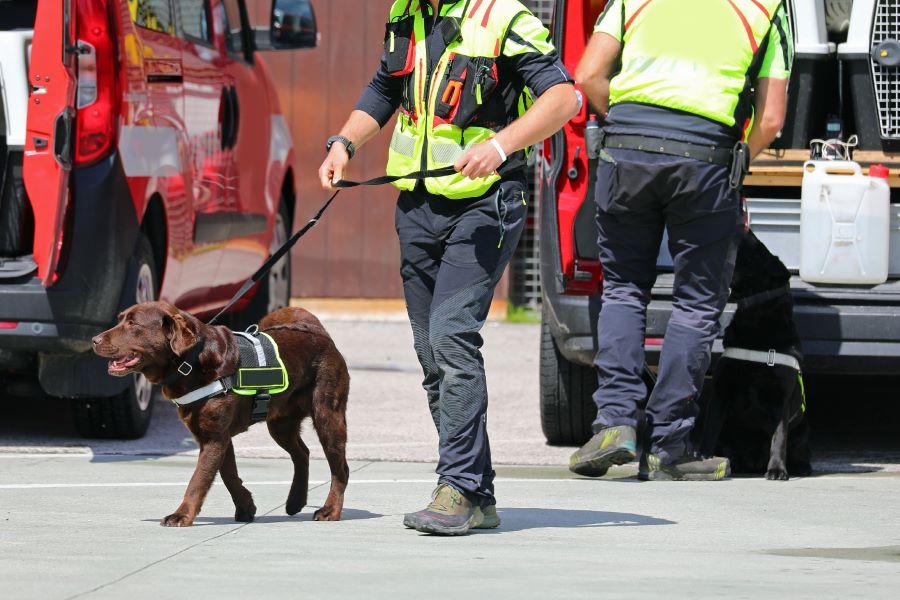
Drug trafficking is one of the key threats to the internal security of the EU, with 38% of criminal organisations based within the EU reported to be related to drug trafficking.
The ongoing EU-funded project The Global Drug Intelligence Network (GDIN), launched in September 2023 in Madrid, aims to dismantle criminal networks on a global scale through the exchange of information between law enforcement agencies, such as police, from different European and Latin American countries and reduce the flow of international drugs. The project is financed by the European Commission under the Internal Security Fund (ISF) with a budget of EUR 1.2 million, and it is coordinated by the FIIAPP ( International and Ibero-American Foundation for Administration and Public Policies), a Spanish public interest foundation.
With many international partners involved from Spain, Portugal to Latin America (Brazil, Colombia, Costa Rica, Dominican Republic, Ecuador, Panama) and to the United Arab Emirates, the project facilitates joint investigations by creating a high-level network of contacts between law enforcement agencies. These coordinated investigation teams are the first step towards disrupting illicit drug trafficking operations.
Recent operations against encrypted communication platforms have given Law Enforcement Agencies an inside view of how criminal organisations operate. Investigations confirm that many of the world's major drug traffickers consider Dubai (UAE) an attractive location to go unnoticed, invest their profits or direct their operations. These traffickers maintain control over production sites, exit points and various entry points for cocaine into the EU. A significant challenge is the exchange of sensitive information with law enforcement agencies of third countries, complicating international cooperation.
Apart from facilitation of joint investigations, the GDIN emphasizes the operational exchange of information related to drug trafficking. For this purpose, the Anti-Drug Criminal Intelligence Center (CICA) has been launched in Madrid. Serving as a hub for information sharing, CICA brings together analysts from participating countries who work collaboratively within the Guardia Civil's facilities in Madrid. This collaboration aims to streamline operations and enhance intervention strategies.
The GDIN also organises training programs to strengthen the EU's capacity to combat drug trafficking. These trainings focus on the dismantling of criminal organizations, seizure of cocaine, and interception of economic benefits derived from drug trafficking.
The GDIN project is a step forward in the EU's efforts to combat drug trafficking. Through enhanced cooperation, information sharing, and training, it aims to reduce the flow of illicit drugs into the EU and dismantle the criminal networks behind the drug trafficking. The project will run until 31 August 2025, with numerous activities planned to increase the number of successful police operations and reduce the flow of drugs at the international level.
Find out more:
Details
- Publication date
- 25 July 2024
- Author
- Directorate-General for Migration and Home Affairs
